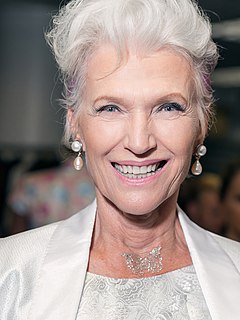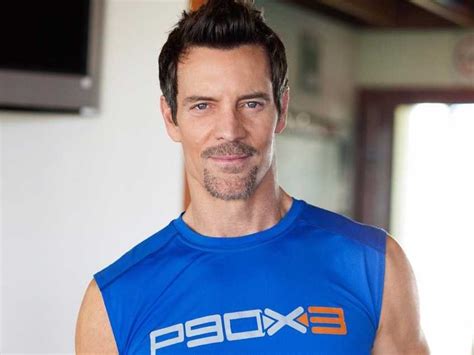A Quote by Don Kardong
For most teenage runners, the right foods means a varied diet, decreasing the amount of fat found in the typical American diet and replacing those calories with carbohydrates. Avoid saturated fats, such as those found in fried foods, and eat plenty of fresh fruits and vegetables.
Related Quotes
The ideal human diet looks like this: Consume plant-based foods in forms as close to their natural state as possible (“whole” foods). Eat a variety of vegetables, fruits, raw nuts and seeds, beans and legumes, and whole grains. Avoid heavily processed foods and animal products. Stay away from added salt, oil, and sugar. Aim to get 80 percent of your calories from carbohydrates, 10 percent from fat, and 10 percent from protein.
Seven Guidelines For a Healthy Diet
1. Substitute low-fat foods for high-fat foods
2. Cut down on meat-eat low on the food chain
3. Avoid salty and sugary foods
4. Cut down on sugar
5. Emphasize whole grains
6. Beware of alcohol
7. Emphasize the Healthy Five:
Raw unsalted nuts and sesame seeds
Sprouted seeds such as soybeans
Fresh raw wheat bran and wheat germ
Yogurt and kefir
Fresh fruits and vegetables
If there's foods I don't like, like kale, it doesn't mean that I'm not efficient in my diet; it just means I can eat broccoli and other green vegetables. That's what people don't understand, is that as long as you're having a variety of foods in your diet, you don't have to have the food of the week that's everyone going crazy about.
There is no longer any question about the importance of fruits and vegetables in our diet. The greater the quantity and assortment of fruits and vegetables consumed, the lower the incidence of heart attacks, strokes, and cancer. There is still some controversy about which foods cause which cancers and whether certain types of fat are the culprits with certain cancers, but there's one thing we know for sure: raw vegetables and fresh fruits have powerful anti-cancer agents.
We believe in the Three Rs - reducing the consumption of meat and other animal-based foods; refining the diet by eating products only from methods of production, transport, and slaughter that minimize pain and distress; and replacing meat and other animal-based foods in the diet with plant-based foods.



































